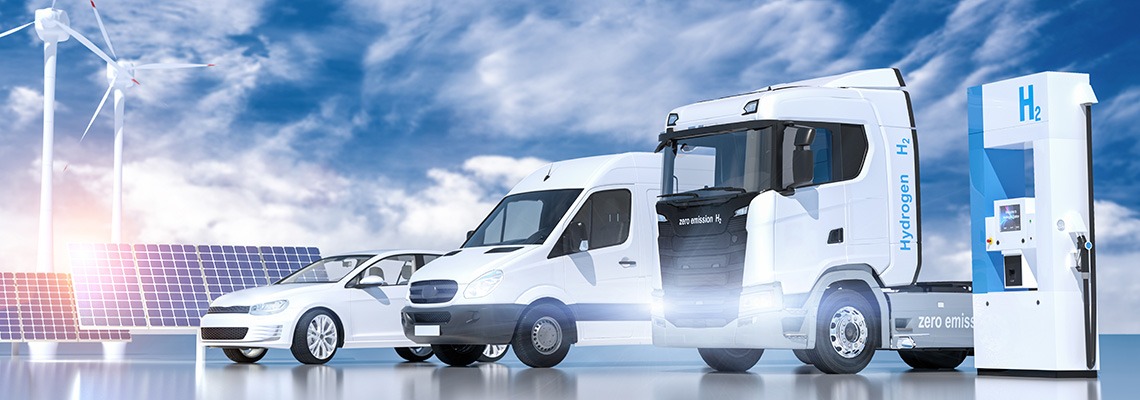Why Are Hydrogen Fuel Cells So Expensive?
The technology involved in using H2 as an energy source can be costly for several reasons. Their use is considered to have zero-carbon operations but only when green H2 is used, meaning that it is produced using processes powered by renewable energy such as wind and solar. That said, the most common production method currently used involves burning natural gas, a fossil fuel.




